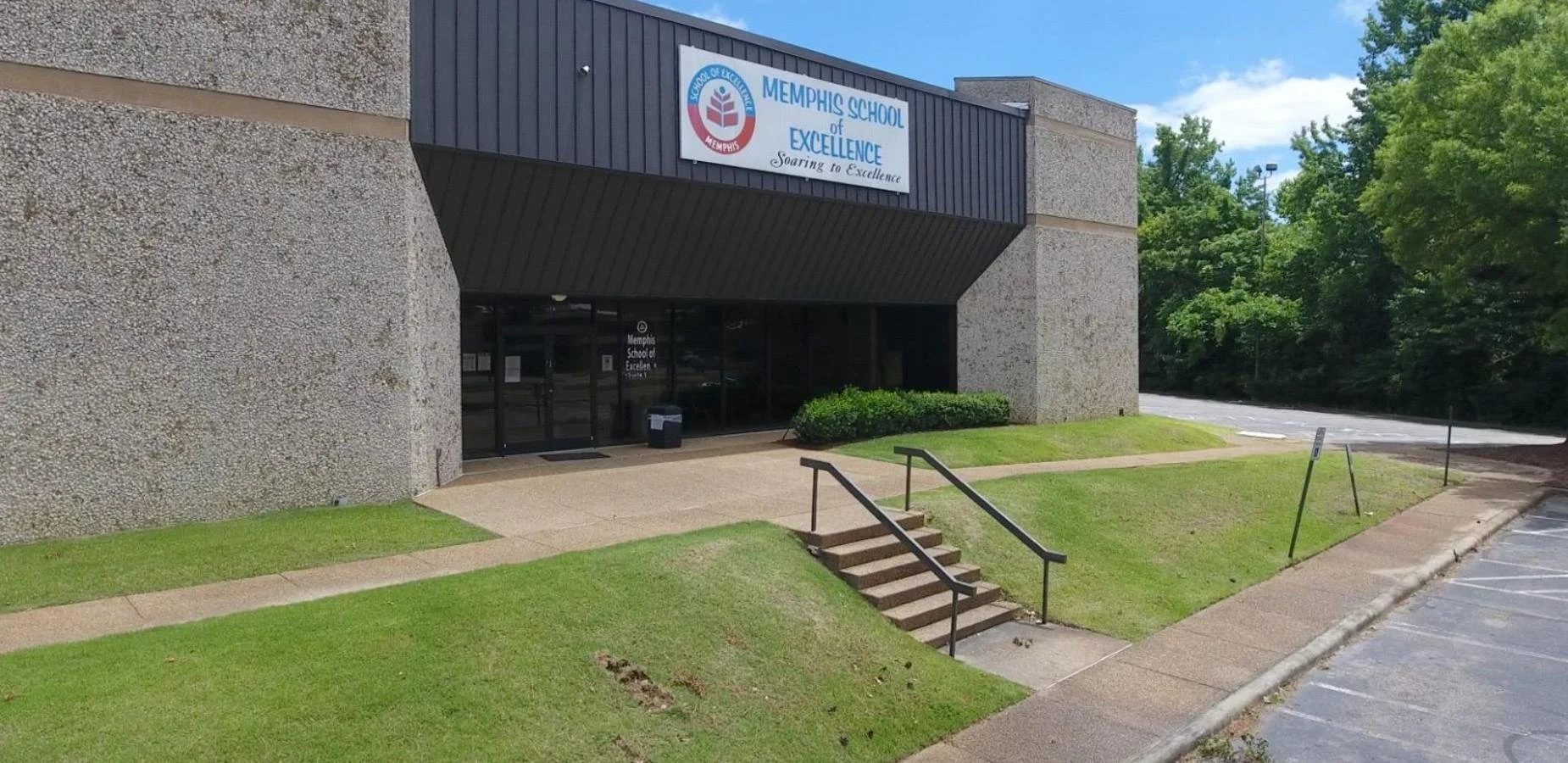Memphis School of Excellence leaders make the case to replicate the public charter school’s STEM school model in Nashville
An image of the Memphis School of Excellence. (Photo by Memphis School of Excellence)
Last July the Metro Nashville Public Schools (MNPS) Board of Education unanimously voted down the Read Foundation’s application to open a new 6-12 grade public charter school, similar to the Memphis School of Excellence it runs in Shelby County.
The charter operator appealed that decision against Nashville School of Excellence to the Tennessee Public Charter School Commission hoping to overturn it.
Tory Cottle, director of instruction at the Memphis School of Excellence, argued that the school model has demonstrated a “track record over time of success” in a public hearing on the appeal earlier this month. Most recently, she said, state rankings in Spring 2022 put the Memphis school among the top five charter schools in all of Tennessee, and third among all Shelby County high schools. Charter schools are free public schools operated by an independent contract or “charter” with an authorizing agency like a school district.
Cottle noted that the school, which focuses much of its curriculum on building students’ aptitudes in science, technology, engineering and math (STEM) related subjects, has also partnered with higher-ed institutions such as the University of Memphis to expand access to AP courses. In addition, she said, the school has increased the number of dual enrollment courses for students.
“We are consistently ranked in the top five schools in the state of Tennessee,” Cottle said. “Last year and most years, we’ve consistently had a 100 percent graduation rate.”
Supporters also made the case the proposed school is needed to support South Nashville’s growing immigrant community.
“There is a need for this school in the community in this region, for the Kurdish community and immigrant community,” said school supporter Mehmet Ayaz, adding that the Memphis school sparks curiosity in STEM subjects to prepare students for a changing job market.
The governor appointed state commission also heard from MNPS leaders in the public hearing who argued the decision against the Nashville School of Excellence should stand.
Shereka Roby-Grant, Metro Nashville’s charter school director, said board members denied the proposed charter school’s amended application due to concerns about academic performance and programming at the Memphis School of Excellence, despite Cottle’s claims.
“In academics, while the [school’s] mission statement had measurable goals, the amended application still did not explain how its STEM education focus would be a more compelling model than what is already offered in numerous MNPS schools,” said Roby-Grant.
She also questioned the community interest in the proposed school. She noted that while 79 percent of respondents in a recent survey showed interest in attending information sessions, the school’s application “did not include compelling support from parents who intend to actually enroll their students in the school.”
The commission also heard from MNPS school board member Abigail Tylor, who voted against Nashville School of Excellence’s application. She noted that its plans included no details on addressing “academic underperformance” at the Memphis school.
“Their existing school in Memphis received a letter grade of D and their 2023 TVAAS score was a 1. They clearly do not meet your commission's top priority of being a high- performing charter school,” she said. “If they cannot address academic underperformance in Memphis, why should we expect them to be able to do so in Nashville?”
The state commission will use comments from the public hearing to decide the appeal next month. Last year the commission overturned one MNPS charter application denial and upheld another.
MNPS school board members haven’t voted to approve a new public charter school since 2021 despite those schools outperforming peer district run schools on state tests.


